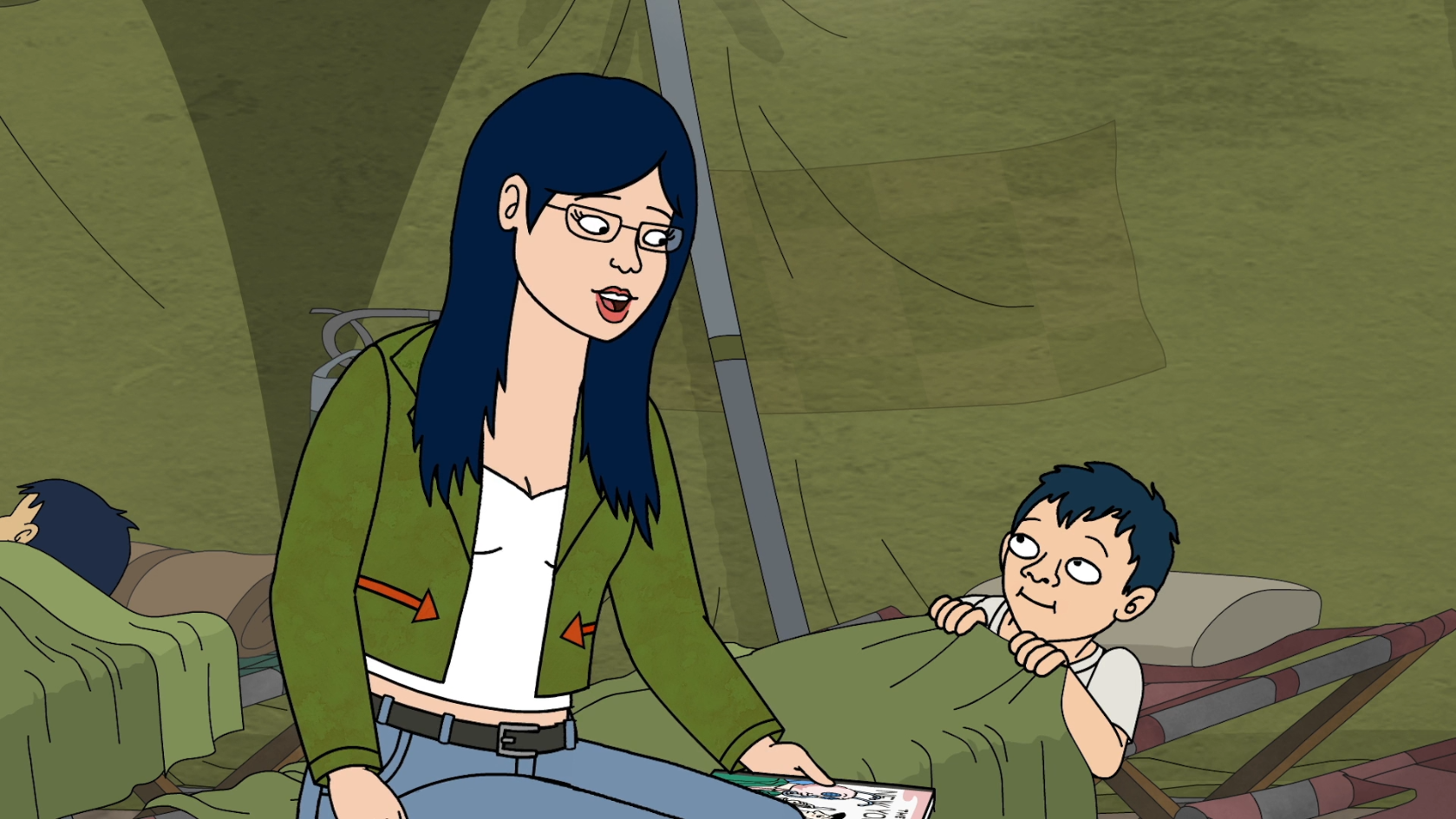Prose that I Like
A short post where I give a small list of writers and pieces of prose that I like.

I’ve been a long time reader and admirer of the New Yorker. It’s a rather fashionable magazine that publishes some of the best written essays I’ve read. As someone with some interest in writing, I look upon the New Yorker’s best pieces as models for the craft.
I set up this blog in part to practice writing so I can get closer to the quality I love to read. I’ve been trying to post weekly with some consistency because I think a steady trickle of practice will get me farther than irregular bursts. It also helps keep time while I’m not employed, though I don’t intend on stopping when I am.
I’ve generally written these posts by the week, but I plan on accumulating a backlog of content to release over time. I’d like to be able to share something modest each week and occasionally release large, well-prepared posts like my processor write-up. I don’t think I’ve got enough energy at this point in my life to write something of that caliber on a weekly basis, nor do I have enough content to justify it.
This week, I’d like to share a short list of pieces I admire. They have a neatness that I try to emulate in both prose and code. Each of these pieces were written deep into a celebrated writer’s career. While I’m trying to make my career in engineering, I can still admire their art.
-
John McPhee has a column called “The Writing Life” in the New Yorker. My favorite piece is “Omission,” on leaving some details unwritten.
-
Ann Patchett wrote an essay collection called These Precious Days. I read the eponymous essay after first encountering her New Yorker piece “How to Practice,” on living. Both are solid reads.
-
Annie Dillard wrote many things, but I’ve only read her 1989 memoir The Writing Life. It speaks to living and writing. I think it’s worth reading in its entirety. There are no copies I can link to, but those of you who know me can ask me for mine. My phone wallpaper is a screenshot of an excerpt with one line highlighted: “How we spend our days is, of course, how we spend our lives.”